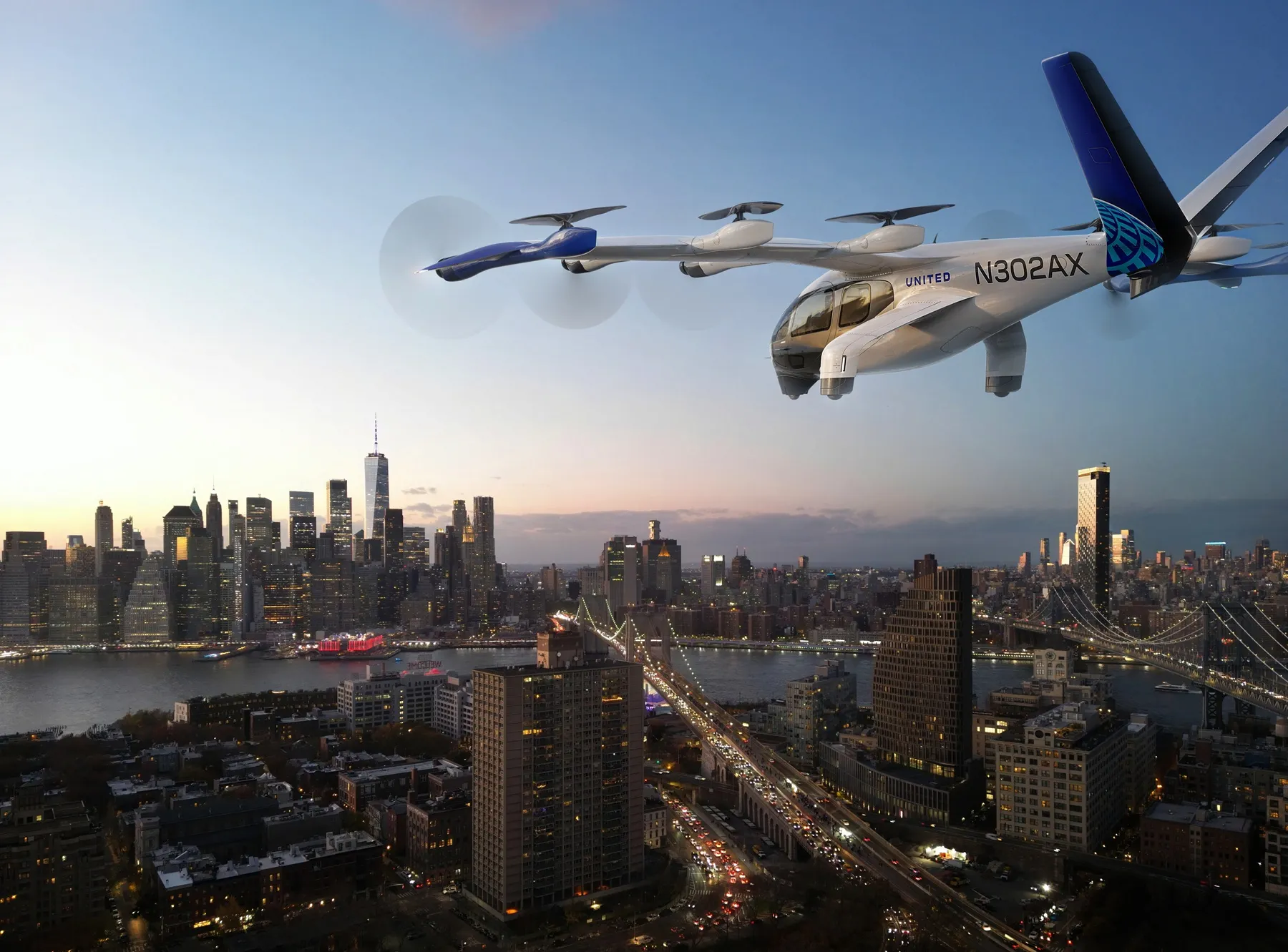China has joined the only two countries in the world – Germany and Japan - to have developed maglev (magnetic levitation) high-speed rail technology.
January 31, 2012
Read time: 2 mins
China has joined the only two countries in the world – Germany and Japan - to have developed maglev (magnetic levitation) high-speed rail technology. On 7 April, 2010, 1890 Chengdu Aircraft Industrial Company, a subsidiary of the 1891 Aviation Industry Corporation of China (AVIC), formally handed over to 762 Shanghai Maglev Transportation Development Company (SMTDS) the Chinese-developed maglev train which has a design speed of 500km/h (310mph), and is expected to be put into service during Shanghai Expo in May.
Since 2004, SMTDS has operated the world’s first commercial high-speed maglev line, using trains and technology supplied by765 Transrapid International, the German partnership of 189 Siemens/1894 ThyssenKrupp. That service, with an operating speed of 430km/h (267mph), travels on a 30km-long double-track, connecting Long Yang Road Station in Shanghai to Pudong International Airport. The journey time is just under eight minutes. Three Transrapid vehicles, each with five sections, make up the maglev fleet. In taking the decision to establish the world’s first commercial maglev service, from the outset the Chinese took a wider view of the project than meeting Shanghai’s transport needs; they saw it as an important demonstration project and proving ground for new 21st century transportation technologies.
After six years of 24/7 commercial operation in Shanghai, and just before the new home-grown maglev train was revealed, there were reports from China in late March that a policy decision to substantially extend the Shanghai service had been taken. Work will begin this year on a maglev line between Shanghai and Hangzhou, the capital city of Zhejiang Province. Journey time for the 200km (124 mile) maglev link will be just half an hour. The new line will incorporate a downtown section of about 34km which will connect the city's two international airports, Pudong and Hongqiao.
Since 2004, SMTDS has operated the world’s first commercial high-speed maglev line, using trains and technology supplied by
After six years of 24/7 commercial operation in Shanghai, and just before the new home-grown maglev train was revealed, there were reports from China in late March that a policy decision to substantially extend the Shanghai service had been taken. Work will begin this year on a maglev line between Shanghai and Hangzhou, the capital city of Zhejiang Province. Journey time for the 200km (124 mile) maglev link will be just half an hour. The new line will incorporate a downtown section of about 34km which will connect the city's two international airports, Pudong and Hongqiao.







